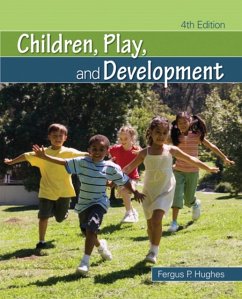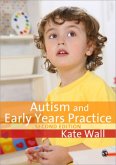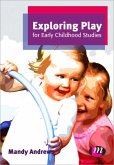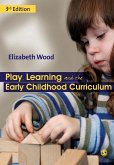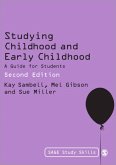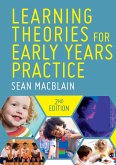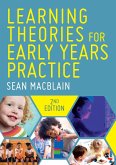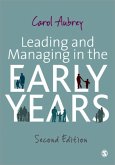L. Kathryn Sharp, The University of Memphis
A comprehensive look at children's play from birth to adolescence
Children, Play, and Development, Fourth Edition, discusses the relationship of play to the physical, social, intellectual, and emotional growth of the child. Author Fergus P. Hughes focuses on the historical, sociocultural, and ethological context of play; the role of development in play; and the wide range of theories that provide a framework for interpreting play.
The changes in this thoroughly updated Fourth Edition include new information on cultural differences in object play, a critique of experimental research on play across cultures, brain correlates of aggressive play in humans and animals, the development of the young child's ability to distinguish between reality and make-believe, computers in the classroom, the development of emergent literacy, and the impact of attachment on children's development.
Key Features
Offers thorough coverage of theoretical perspectives on play, showing readers how theories contribute to a scientific understanding of play Provides an up-to-date review of the literature, with nearly half of the references new to this edition Includes a rich variety of pedagogical features that illustrate key points and help stimulate class discussions Presents Putting Theory Into Practice sections (two per chapter) that contain practical applications of theory and research
High-Quality Ancillaries
Instructor Resources, including PowerPoint slides, test questions, activities, a sample syllabus, teaching tips, and web resources, are available.

